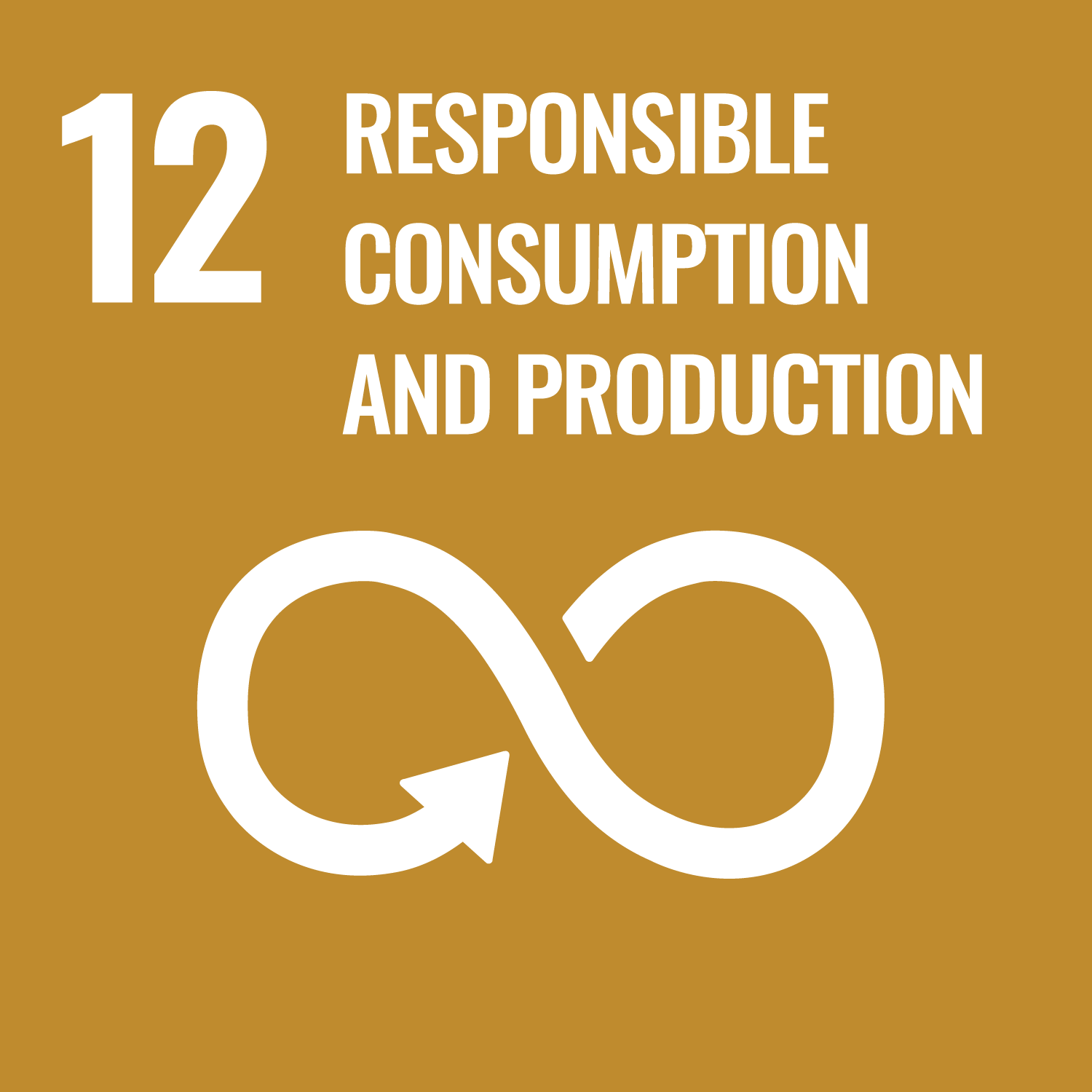Devine, R. orcid.org/0009-0000-9836-0896, Key, S. orcid.org/0000-0002-3590-8778, Trotman, E. orcid.org/0009-0005-5408-6799 et al. (5 more authors) (2025) Modelling the impact of shelf-life extension on fresh produce waste in UK homes. Cleaner Waste Systems, 10. 100210. ISSN 2772-9125
Abstract
This research uses the Household Simulation Model (HHSM), to assess shelf-life extension mechanisms for reducing fresh produce waste in UK homes. Removal of Best Before dates is the most effective mechanism, reducing waste by 8–28 percentage points depending on the product (e.g., for bananas, a modelled waste reduction from 24 % of purchases to 16 %, an 8 percentage-point reduction). The findings support current recommendations to remove Best Before dates on uncut fresh produce. Refrigerating apples at 4°C extends product shelf life from 31 to 108 days resulting in a modelled reduction of 2.5 percentage points from 3.1 % to 0.61 %. Storage at optimal fridge temperature (4°C compared to 9°C) shows a modelled waste reduction for cucumbers of 16 percentage points from 43 % to 27 %. However, both refrigeration mechanisms assume a major change in consumer behaviour which could be challenging to overcome. Edible bio-based coatings show a modelled reduction for oranges, satsumas, and avocados ranging from 3 to 12 percentage points, offering a high-reward, low-effort solution for reducing Household Food Waste (HHFW) with relatively low implementation costs. Plastic packaging removal varies by product with a 9-percentage point reduction for bananas, but no effect on apples and cucumber. Consumer behaviour and proportion of products sold packaged will substantially affect waste reductions. The broader impact of plastic packaging on food management practices is not fully considered in this study, so results should not inform policy decision-making. Whilst the findings are UK-specific, they offer insights for other countries, though country-specific data is recommended for policy decisions.
Metadata
| Item Type: | Article |
|---|---|
| Authors/Creators: |
|
| Copyright, Publisher and Additional Information: | © 2025 The Authors. This is an Open Access article distributed under the terms of the Creative Commons Attribution Licence (https://creativecommons.org/licenses/by/4.0/), which permits unrestricted use, distribution, and reproduction in any medium, provided the original work is properly cited. |
| Keywords: | Food waste; Shelf-life; Household food waste; Food consumption; Discrete event simulation |
| Dates: |
|
| Institution: | The University of Sheffield |
| Academic Units: | The University of Sheffield > Faculty of Social Sciences (Sheffield) > Management School (Sheffield) |
| Depositing User: | Symplectic Sheffield |
| Date Deposited: | 24 Jan 2025 11:36 |
| Last Modified: | 24 Jan 2025 11:36 |
| Published Version: | https://doi.org/10.1016/j.clwas.2025.100210 |
| Status: | Published |
| Publisher: | Elsevier BV |
| Refereed: | Yes |
| Identification Number: | 10.1016/j.clwas.2025.100210 |
| Sustainable Development Goals: | |
| Open Archives Initiative ID (OAI ID): | oai:eprints.whiterose.ac.uk:222285 |


 CORE (COnnecting REpositories)
CORE (COnnecting REpositories) CORE (COnnecting REpositories)
CORE (COnnecting REpositories)